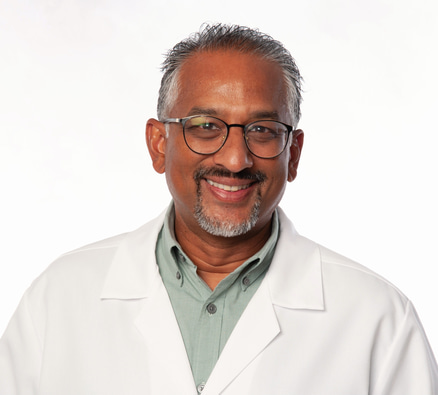Exploring Reality
Through the lens of RTA
I am a practicing cardiothoracic surgeon with nearly 20 years of operative experience. I have performed thousands of open-heart procedures, as well as a large volume of robotic thoracic surgery. The practice of surgery demands rapid pattern recognition in highly complex and often chaotic environments. At the same time, medicine requires an understanding of psychology and human emotion, and is best practiced from a foundation of empathy.
I’ve always maintained a deep curiosity—primarily in science, but also in literature, philosophy, government, and complex systems.
My journey began with a simple, perhaps audacious goal: to prove Henri Poincaré wrong. In 1902, he argued that mathematics was not discovered, but a purely synthetic human invention. I set out to challenge that view using examples from biology: the prime-number cicada cycles, the algorithmic flocking behavior of birds, and many others where nature appears to have “discovered” mathematical principles long before humanity emerged.
I eventually felt satisfied that I had met that challenge—but the path it opened led much further. Once I saw that mathematics had been discovered by biology, it raised the deeper question of whether reality itself is mathematically constructed. It culminated in the development of a unifying framework that bridges physics, mathematics, and information theory. What began as a critique of classical assumptions evolved into what I now call the RTA framework—a first-principles approach that reveals how reality emerges from higher-dimensional structure, harmonic resonance, and entropy dynamics. The name “RTA” honors the ancient Vedic concept of cosmic harmony.
Over time, I’ve applied RTA beyond theoretical science—into language, music, history, computer science, neuroscience, ethics, and aesthetics—seeking the common geometry that underlies structure itself.
One of my goals is to return science to the beauty, parsimony, and elegance that Einstein and Feynman sought.
I share these insights freely—not to persuade, but to invite serious minds to think more deeply, more logically, and more harmoniously about the nature of our world. I hold no rigid confidence in my conclusions; I may ultimately be wrong, in major or minor ways. But I believe open, civil, and principled debate—guided by empathy, humility, and logical rigor—is essential for truth to emerge.
Vasant Jayasankar, MD, MS
A Surgeon's Journey for Truth and Beauty
Vasant Jayasankar, MD, MS
© 2025. All rights reserved.
